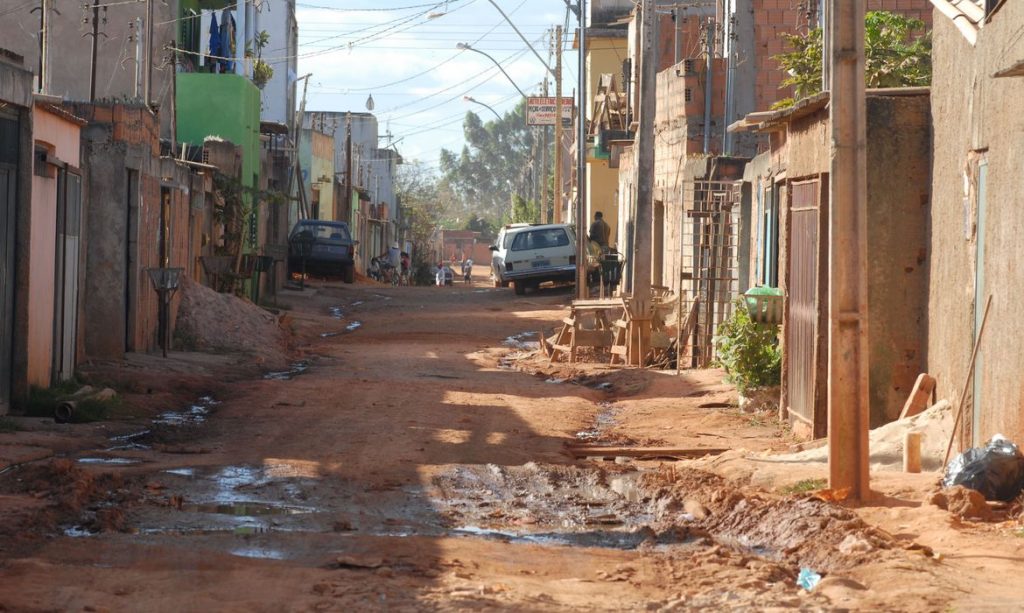RIO DE JANEIRO, BRAZIL – On Wednesday, the World Bank (WB) worsened its projections on the impact of the pandemic and warned that up to 115 million people may fall into extreme poverty in 2020 due to the crisis triggered by Covid-19.
According to the WB, extreme poverty – defined as those living on less than US$1.9 a day – may increase by 115 million people in the world, if the most negative scenario is confirmed.
“By 2020, extreme global poverty is projected to increase for the first time in over 20 years as a result of the disturbances caused by the Covid-19 pandemic,” the Bank’s economists warned.

The Washington-based institution’s projections have been worsening as the pandemic progresses and its duration extends. Since its detection in China in December, the novel coronavirus has killed over a million people worldwide and has severely impacted the global economy.
The World Bank estimates that the economy will contract by 5.2 percent in 2020, the sharpest GDP drop in 80 years.
In May, in the worst-case scenario, economists projected that 60 million people could fall into extreme poverty; in August, the most pessimistic estimate raised the projection to 100 million. If the worst projections are confirmed, in 2021 almost 150 million people worldwide could fall into extreme poverty.
Without the shock of the pandemic, experts expected the global rate of extreme poverty to drop from 9.2 percent in 2017 to 7.9 percent this year. Extreme poverty “is likely to impact between 9.1 and 9.4 percent of the world’s population in 2020,” the Bank said.
The president of the World Bank, David Malpass, also noted that “preliminary data suggest that the crisis will increase inequalities in the world.”
More than 4.7 million new poor in Latin America
The study projects that South Asia will be the most affected region, with almost 57 million people pushed into poverty, in the worst-case scenario, followed by sub-Saharan Africa with 40 million.
In the most adverse scenario, Latin America, a region home to over 650 million people, would see its extreme poverty rate rise from 3.9 percent in 2017 to 4.4 percent by the end of this year, reaching a total of 28.6 million people.
Without the crisis, experts from the Washington-based Bank had projected that the poverty rate in the region would drop by 3.7 percent, affecting 23.9 million Latin Americans.
This means that the crisis could drive 4.7 million Latin Americans into extreme poverty in 2020, should the projection be confirmed.
According to the research, income cuts during the pandemic have quickly translated into consumption cuts. “In seven Latin American and Caribbean countries, over 40 percent of the population reported having been deprived of food during confinement,” economists said.
Should the worst projection be confirmed for 2021, poverty levels would reach 4.5 percent of Latin Americans, leaving a total of 29.1 million people in extreme poverty.
According to the World Bank’s projection, extreme poverty will affect an increasing number of the world’s urban residents, a novelty since poverty traditionally affects rural areas to a greater extent. “The magnitude of this impact is still highly uncertain, but it is clear that the pandemic will lead to the first increase in global poverty since 1998,” the economists said.
World Bank experts warned that poverty levels will be higher than in 1997, since “the increase in poverty is greater in absolute terms but also in relative terms.”
Source: infobae

